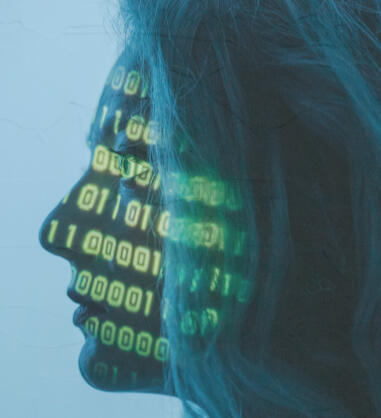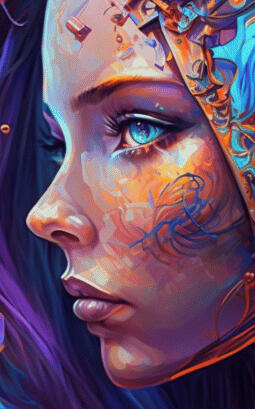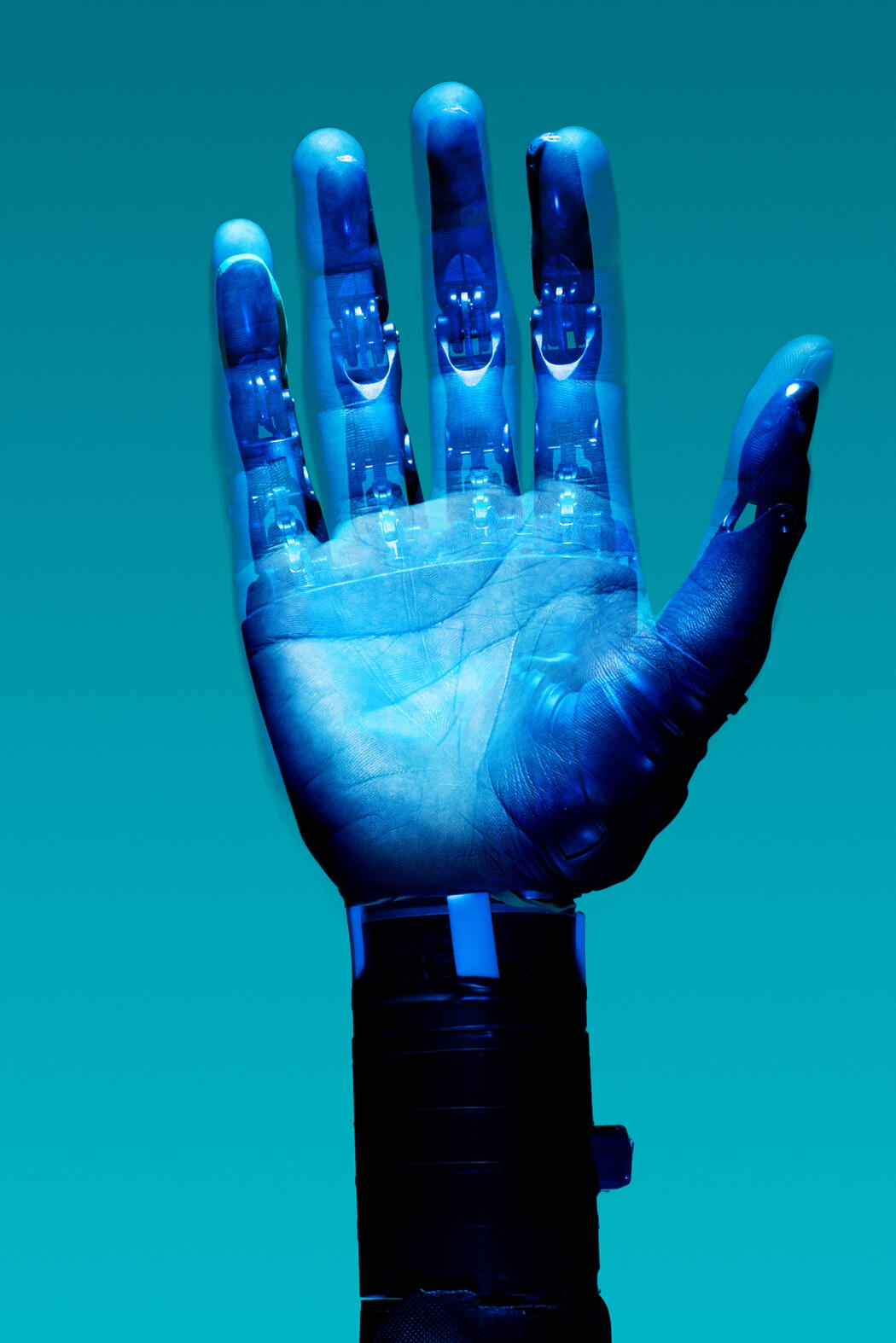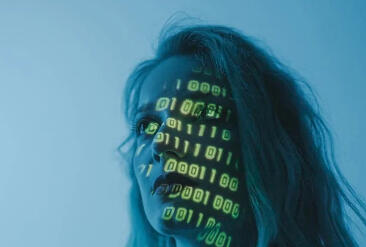AI: War on Creativity?
ChatGPT's rapid, and evergrowing use has triggered a domino effect of AI software's seemingly indistinguishable from each other. But unfortunately, this new application has made many question what effect this seemingly omniscient software will have on the jobs that throughout history, have been claimed to be irreplaceable due to their imaginative nature.

AI, or artificial intelligence, refers to the ability of machines to simulate human intelligence, such as learning, reasoning, problem-solving, perception, and natural language processing. AI is typically achieved through the development of algorithms and models that can process large amounts of data and make predictions or decisions based on that data.AI is being used in various ways in creative industries today. Here are a few examples:
AI-generated Art
Some artists and designers are using AI algorithms to create new forms of art, such as generative art, which is created by an autonomous system that can produce unique and varied outputs. For example, one of the first suggestions that presents itself when you google ''AI-generated art''; is Nightcafe Creator, which has two methods of creating 'art' these being: Neural style transfer (turning a real photo into a 'masterpiece' as they claim) and text-to-image AI (where upon entering a text prompt, the AI can proceed to make 'stunning' images)I decided to test the program- and people's ability to decipher man-made art from artificial, by using Nightcafe to create art pieces with similar subjects as those of pre-existing ones. My findings were rather interesting; though the vast majority could mostly differentiate the two, there was still a subgroup of humans that failed to do so. This reflects how advanced AI is already becoming whilst only being in its early days.

Music Composition
AI has also quickly been integrated into music production by either analyzing existing music and proceeding to generate new pieces based on that analysis or by creating entirely new music from scratch. For instance; Music Transformer and MusicVAE are two of the artificial intelligence models developed by Google for generating music. Both models are based on deep learning techniques and are designed to analyze and learn patterns and structures from existing music, which they can then use to generate new music.Both of these models can generate high-quality and diverse musical compositions that are both novel and stylistically consistent with the current music scene.
Film and Video Production
For example, AI can analyze existing scripts and generate suggestions for dialogue or plot twists based on patterns and structures it has learned from existing impactful films.AI is now being used in a plethora of ways in film and video production to automate certain tasks and improve the overall efficiency and quality of the production process. Like pre-production (recorded to have been used for script-writing assistance, storyboarding, and planning. For example, AI can analyze existing scripts and generate suggestions for dialogue or plot twists based on patterns and structures it has learned from other successful films.) post-production, visual effects, and audience analysis

Ethical implications of using AI
Inevitably using AI to create art raises multiple ethical considerations that are similar to those in other situations but also specific to AI-generated art. Questions of ownership, authorship, originality, creativity, bias, representation, social impact, transparency, accountability, and intellectual property arise in the development and use of AI-generated art. Is it crucial for developers, policymakers, and users to be aware of these ethical implications and work together to ensure the ethical and responsible development use of AI in art or is this simply just a byproduct of an artificial intelligence intruding a space made for those with sentience?

Can AI Enhance Human Creativity?
Many would state that human creativity is a complex process that involves emotions, intuition, imagination, context, and collaboration. These unique aspects of human creativity should make it difficult for AI to fully replicate the creative process. However, AI has begun to enhance and augment human creativity by providing new tools and technologies. Many now theorise that the future of the creative industry is likely to involve a symbiotic relationship between humans and AI, with humans providing the emotional and cultural context, and AI providing the technological tools and assistance to bring creative visions to life. Though I believe this to be true I think others could argue that though AI can definitely help humans, it will most likely make it far more difficult to become successful in the creative market- one that is already oversaturated.
Photo credits:Photo by ThisIsEngineering: https://www.pexels.com/photo/prosthetic-arm-on-blue-background-3913025/
Two photos by cottonbro studio: https://www.pexels.com/photo/a-woman-looking-afar-5473955/